Decolonising My Body: A radical exploration of rituals and beauty
£15.20£19.00 (-20%)
A 2023 POLITICAL BOOK OF THE YEAR (WATERSTONES)
‘GROUND-BREAKING’ Bernardine Evaristo | ‘UNIVERSAL AND TIMELY’ Elif Shafak | ‘IMPORTANT’ Sathnam Sanghera | ‘A GENEROUS OFFERING’ Nana Darkoa Sekiyamah | ‘QUIETLY RADICAL’ Evening Standard | ‘INTIMATE’ Guardian
What can ancestral practices teach us about how to live fuller lives today?
Upon turning forty, Afua Hirsch had an encounter that forever altered her preconceived notions of ancestry and body image, making her question everything from body-modification rituals such as tattoos and piercings to the foundations of sexuality, as well as attitudes towards puberty, ageing and death. This book charts her year-long journey of radical unlearning. Bringing together global scholarship, on-the-ground reportage, personal anecdotes and interviews with beauty experts, practitioners and service users, she reassesses notions of body image beyond those of the colonial, patriarchal gaze.
Decolonising My Body is a powerful excavation of the Eurocentric beauty standards that have long shaped how, in particular, those from the Global Majority are perceived and view themselves. Taking us from puberty to end-of-life, Hirsch shows us that the ways in which we adorn and present ourselves have spiritual implications and shape the possibilities we see for ourselves in the world.
These insights and discoveries will empower you to reconnect with your own ancestry, better understand the link between beauty, history and (respectability) politics, and liberate yourself from mainstream standards and systems that aren’t serving you.
Read more
Additional information
| Publisher | Square Peg, 1st edition (19 Oct. 2023) |
|---|---|
| Language | English |
| Hardcover | 224 pages |
| ISBN-10 | 1529908663 |
| ISBN-13 | 978-1529908664 |
| Dimensions | 18 x 2.3 x 24.3 cm |

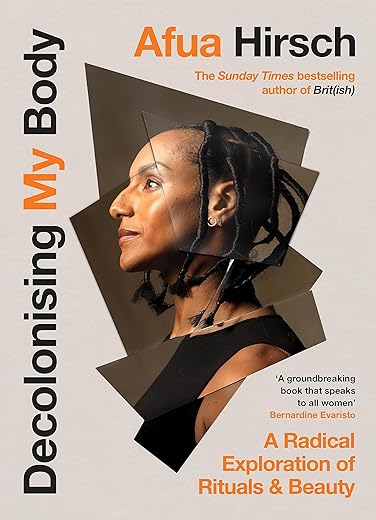
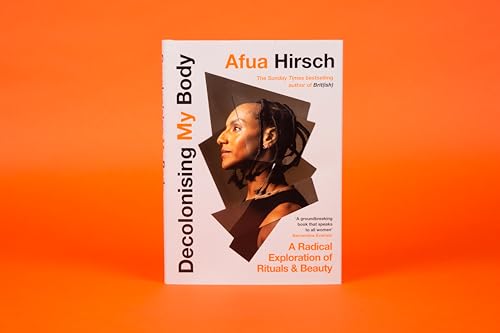
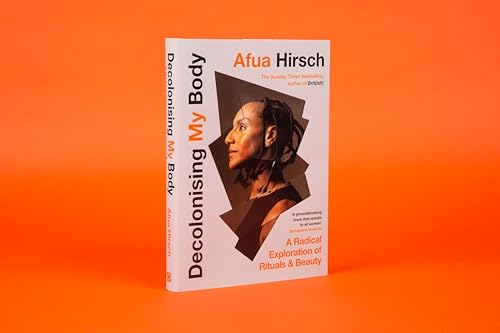
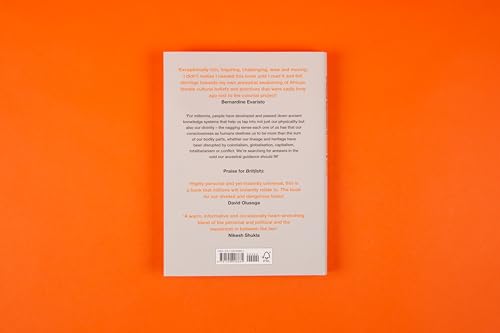

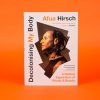

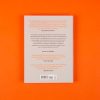
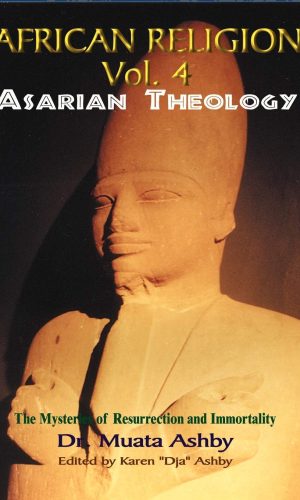
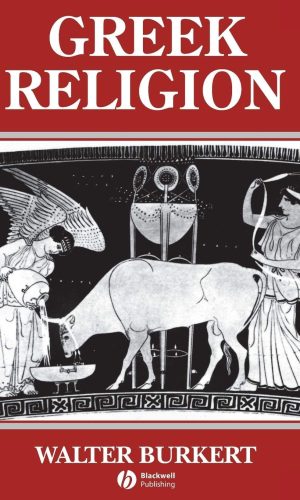
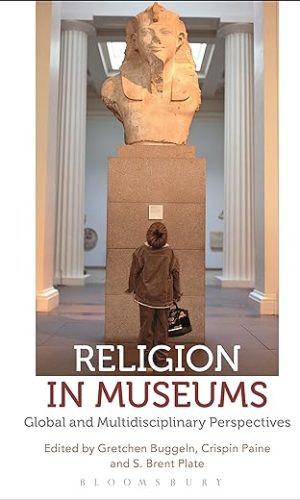
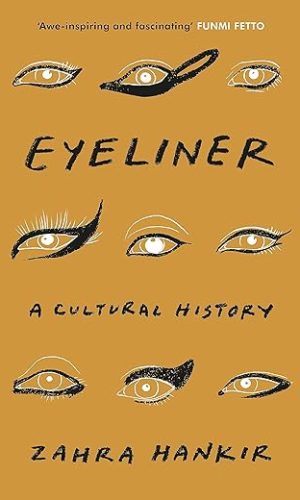


by V. Halliday
Decolonising My Body was like a conversation with a wise friend who has thought deeply about the issues you’ve vaguely considered but never examined fully.
Hirsch navigates white supremacy and late stage capitalism by going back to basics, listening to her own body and the words and traditions of her ancestors. There’s a message for all of us here, asking us to examine our own preconceptions and actions, asking whether they’re helpful for us to hold on to. Have we discarded older healthy ways of being in the quest for conformity with ideals we don’t even believe in?
A very thought provoking read.